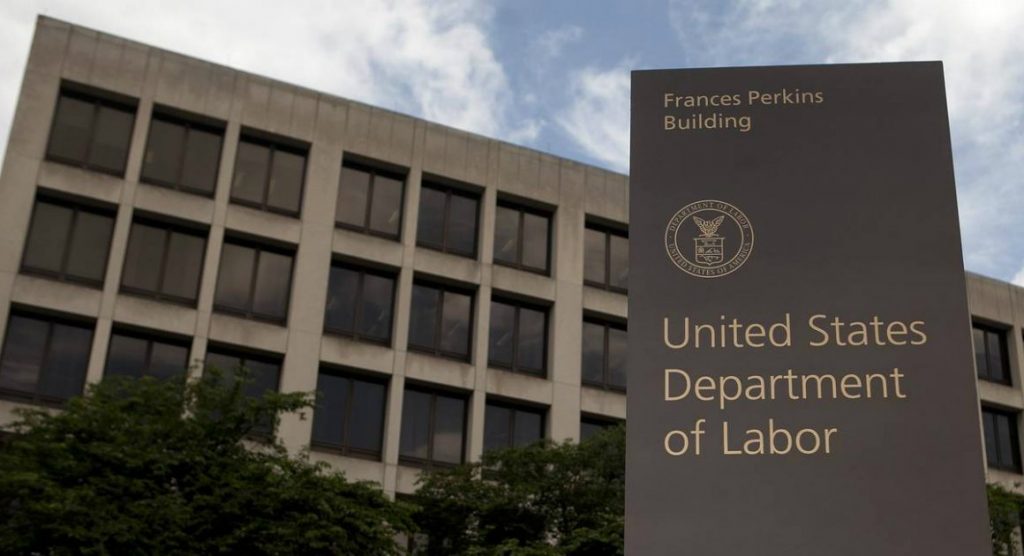
The Trump Administration Levels the Playing Field in Federal Contracting
The Trump administration has clarified and thus strengthened the religious employer exemption in the regulations governing federal contracting by adding a series of definitions to those regulations. The uncertainty about the religious exemption was caused when the Obama administration banned employment discrimination on the basis of sexual orientation and gender identity by federal contractors. It proposed that, while religious employers could continue to hire or fire based on religion, they were forbidden to consider sexual conduct and identity. And yet, a religious employer seeking a staff faithful to the organization’s religion is unlikely to ignore whether a person’s life reflects the tenets of the religion.
The new definitions make it clear that the employer—but only bona fide religious employers—can insist that employees and applicants abide by the conduct or lifestyle requirements of a religion and not only claim to belong to it. The definitions came into effect on January 8, 2021, but, because this regulatory change (first proposed in August, 2019) was made so close to the end of the Trump administration, the Democratic Congress and President Biden can easily nullify it by means of the Congressional Review Act within the first 60 legislative days of the current congressional session.
Faith-based organizations usually are concerned with the rules for federal grants, not contracts. Grants support social service programs, low-income housing, foster-care services, and the like. Federal contracts mainly go to secular companies like military aircraft manufacturers and office leasing firms. Yet some faith-based organizations engage in federal contracting, such as religious research universities conducting National Institutes for Health research, nonprofits that recruit and prepare military chaplains, and companies that supply religious articles such as communion items to the military branches for their chaplains. Risking a charge of bigotry for questioning the Obama nondiscrimination rule, several such organizations, along with religious freedom advocates, sought clarification from Congress, from the Obama administration, and then from the Trump administration. It would not be right for Brigham Young University, for example, to face legal peril because it has federal research contracts and also requires that faculty be members of the Church of Latter-Day Saints who are faithful in both belief and conduct.
The changed regulations make it clear that the exemption only applies to an actual religious employer—a secular federal contractor cannot simply manufacture a religious excuse to justify bias against a gay or transgender job applicant. If the employer is a for-profit company, it bears a heavy burden of proof to show that it is in fact a religious entity. However, if the employer is a religious organization and it has a religion-grounded reason for its employment decisions, then—it is now clear in the regulations—it can require applicants and employees to show that they are faithful both in confession and in behavior to the organization’s religion.
The draft of these changes, and the Final Rule, too, evoked wild claims that the administration is supercharging job discrimination by federal contractors. But the religious exemption is available only to religious employers, and the regulations had already specified that they were free to hire and fire according to religious standards. In fact, the general federal law on employment discrimination—Title VII of the 1964 Civil Rights Act—contains the same religious exemption language as the contracting regulations do. Moreover, the Equal Employment Opportunity Commission—the federal agency charged to enforce Title VII—recently released for public comment draft guidance that interprets the Title VII religious exemption in just the same way as the newly clarified federal contracting regulation does. In IRFA’s view, Congress and the Biden administration should affirm, not nullify, this last-minute Trump regulatory change.
